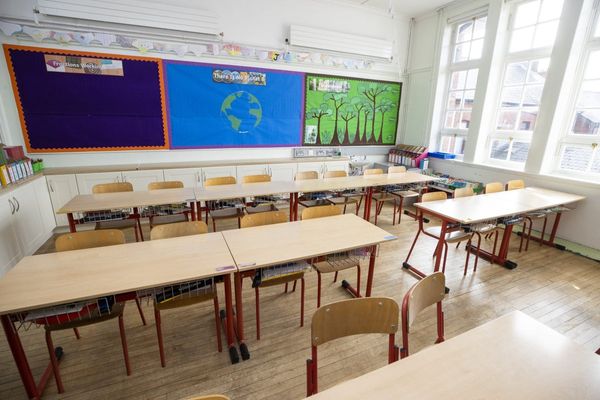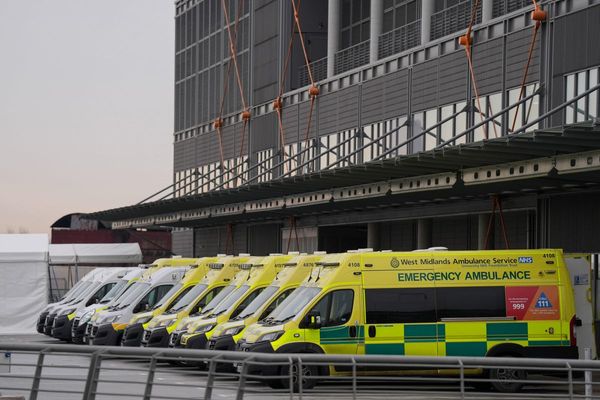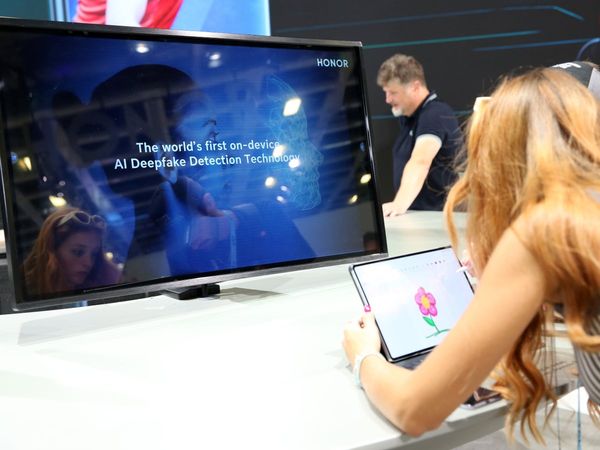The Russian invasion of Ukraine is entering its eighth month.
This unprovoked war, which has already caused the displacement of millions of people and killed thousands of others, is not about to be over, judging by the determination displayed by Russian President Vladimir Putin.
Putin indeed seems to be deaf to calls to put an end to the war, the human and socio-economic toll of which is already very heavy.
On October 2, Pope Francis tried his hand to plead for peace.
Before his Angelus prayer in St. Peter's Square, Francis, for the first time since the start of the conflict on Feb.24, challenged Putin.
The Pontiff begged the Russian leader "to stop this spiral of violence and death" and asked Ukrainian President Volodymyr Zelensky "to be open to serious proposals for peace".
"I deeply deplore the grave situation that has arisen in recent days, with further actions contrary to the principles of international law. It increases the risk of nuclear escalation, giving rise to fears of uncontrollable and catastrophic consequences worldwide," Francis said.
'The Sense of Humanity'
He also urged the international community "to do everything possible to bring an end to the war, without allowing themselves to be drawn into dangerous escalations", and to support any efforts to resolve the conflict through dialogue.
Francis has been trying for several months to open a path of dialogue with Moscow, while condemning a "cruel and senseless war".
The Pope reiterated his call for peace on social media.
On Twitter, he appealed to the humanity of the leaders and personalities of both camps to lay down their arms at least temporarily. Basically, for the pontiff, humanity and humanism are the channels and ways through which it is possible to achieve peace.
"The war in #Ukraine has become so serious, devastating and threatening as to cause great concern," Pope Francis posted on Twitter. "In the name of God and of the sense of humanity that dwells in every heart, I renew my call for an immediate ceasefire. #Russia #Peace."
The Pope's appeal did not escape Elon Musk, whom he met last July at the Vatican. If the richest man in the world seems to share the pacifism of the man of the church, the two seem to diverge on the path that can lead to it.
'Reason for Vengeance'
The charismatic CEO of Tesla (TSLA), who has become the most powerful CEO in the world, seems to think that idealism is not what will convince belligerents to lay down their arms. For Musk, we have to be more realistic. He thus thinks that there can be no peace if we do not address the instinct of revenge that is inherent in humans.
"War always gives ample reason for vengeance for all sides," Musk said below the Pope's tweet. "Only by overcoming this instinct can there be peace."
Musk's post got a lot of reactions from Twitter users. A large number of comments pointed out to the billionaire that Ukraine had been invaded by Russia and was only defending itself.
"Not sure about this equivalency…" commented one Twitter user. "In this particular case, Ukrainians are only seeking to defend themselves get their original territory back so their people are free again."
"For Ukrainians it’s not about vengeance. It’s about taking our lands back. One cannot just invade a neighboring country and don’t expect its people to defend themselves or fight back," wrote another user.
"It's not about revenge. It's about freeing our lands from murderers and rapists and making sure they don't dare to come to us again," said one user.
Another user called on the Pope and Musk to hold Putin solely responsible according to this user for this war.
"The ball here is in Vladimir Putin’s court," the user wrote. "He is the one who should stop aggression against Ukraine, withdraw all forces, stop genocide and hate, and atone for the hate he has in his heart. The Pope and others should acknowledge who is really responsible and that is Putin."
It is important to remember that since the Russian invasion of Ukraine, Musk has supported the Ukrainians. He provided Starlink, the secure satellite internet access service of his aerospace company SpaceX. He is also one of the first bosses of a multinational corporation to take a stand in this conflict.







